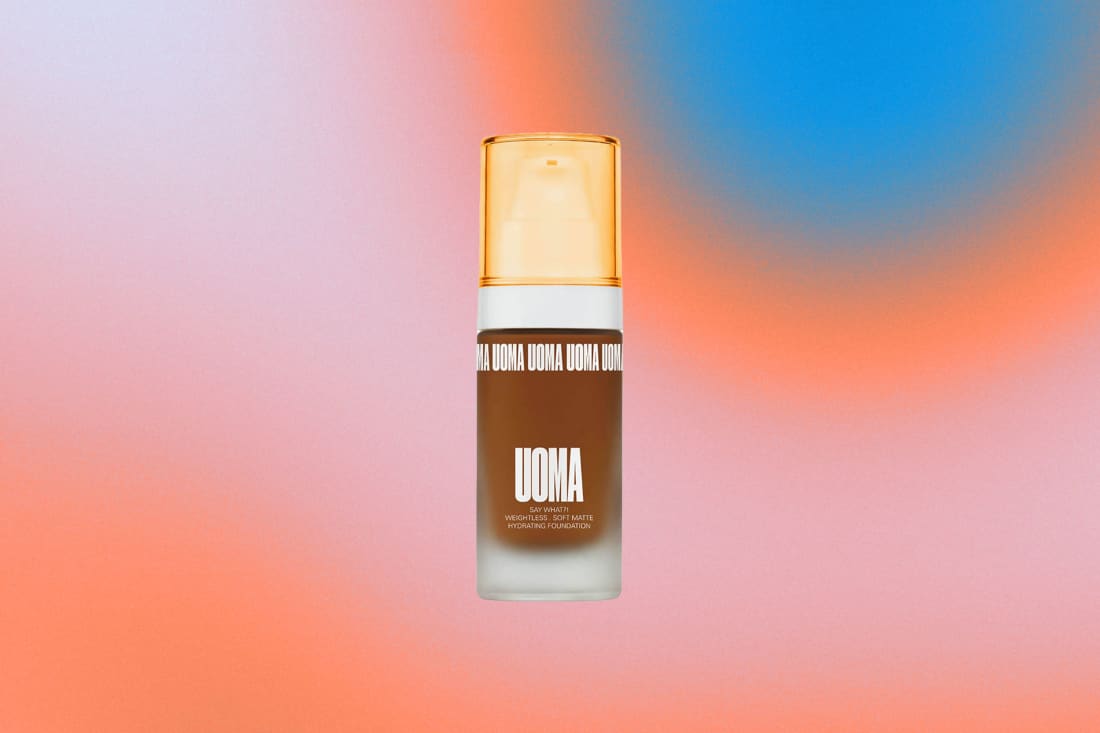Why Is The Nigerian Government Banning Foreign Models From Adverts?
Nigerian models, actors, and managers discuss the ban and the need for better representation
Nigerian models, actors, and managers discuss the ban and the need for better representation
Over the last few years, the Nigerian government has built a reputation for being quick to place bans and embargos on things considered to be a threat to the country, its people, its peace, and frankly, the interests of its reigning officials. From placing a country-wide ban on Twitter for seven months for deleting a tweet by the Nigerian president, to restricting Bitcoin and the importation of rice, its swift and brutal restrictions have incensed both government critics, campaigners and citizens.
The latest move, however, has ignited debate. On August 23, The Advertising Regulatory Council of Nigeria made history by becoming the first country to pass a law that bans foreign models and voiceover artists from advertisements in the country. This will come into effect on October 1. The council explained that the ban is in line with the country’s policy to focus on “developing local talent”.
This policy has been met, mostly, with relief both from local models and voiceover artists, as well as the general public.
‘‘It was the right move to make,’’ Kaneki, a Nigerian voice-over actor tells Woo. ‘‘Because it gives more focus and attention to we the sidelined voice-over artists and models and provides more opportunities for the unrecognised Nigerian talent.’’
‘‘I’ve been doing voiceover work for quite a while now, and I know that clients usually ask for voiceover artists with international accents, usually American or British. You can see the strain that places on our indigenous talent here. ’’
‘‘A lot of our local brands have started to only use foreign models for their ads because they want to look ‘international’,” model scout and manager Ikechukwu Urum says. ‘‘Many big brands shoot their commercials outside the country where they pay more just to use white models. However, if for any reason they shoot here in Nigeria and have to use Black models, the budget is not usually the same as models here are offered far less than their counterparts.’’
For many of the locals involved in media and ads, there is a feeling that brands tend to go with foreign – and usually white – actors and voice-over actors. The result? Of course, it meant a deprioritization of local talent and hindering the growth of the local economy. And beyond the impact it had on the livelihood and careers of local talent, the constant presence of foreign models in campaigns has been criticized by many for negatively affecting perception and ideas of beauty, especially as many of these models tend to be white or light-skinned.
For a country like Nigeria to have most of its beauty and fashion campaigns fronted by light-skinned, mostly non-Nigerian or even African models, it isn’t hard to see how this augments concerning beauty standards. Recent numbers from the World Health Organization shows that 77% of Nigerian women are using skin lightening creams, while the causes of this isn’t singular, it isn’t hard to see how the majority of models being non-Nigerian and usually non-black would contribute to this. Nigerians being able to see people that look like them on TV screens and billboards will hopefully impact everyday colourism, skin-bleaching, and entrenched disdain for looking or sounding Nigerian.
Within the industry, however, players worry that the ban will have ripple effects not just within Nigeria, but outside Nigeria, especially for Nigerian models and global opportunities. ‘‘This ban is a good way to encourage brands to book more Nigerian models,’’ Ikechukwu Urum shares, ‘‘but my concern is that if every other country implements this same ban, our models who work in Europe will not be able to work as much anymore.’’
Urum isn’t the only one who feels this way, as model Thytribe shares. ‘‘I find it to be a terrible approach, because I see it affecting Nigerian models from having the opportunity to work as a model or influencer for international brands abroad,’’ they tell Woo. ‘‘Remember that ‘first to do no dey pain o’, and the moment these people bounce back at us with their bombshell, I'm not sure we would be ready.’’
Despite the doubt, optimism that this ban will champion local talent and set the scene for a positive social landscape remains, where local people can see people that look like them in ads and in popular culture.



